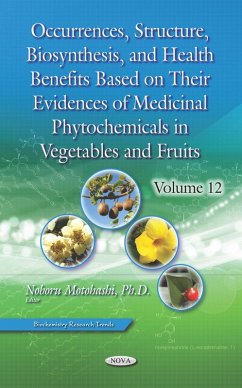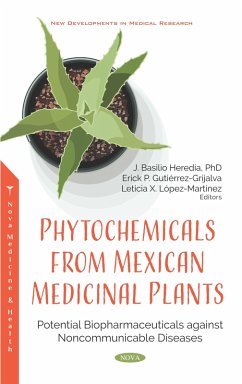Cancer is a serious and ever-growing health concern not only in humans but also in dogs. Considering the differences in average lifespans, people commonly experience the loss of their companion dogs, representing a traumatic event to pet owners. On the one hand, better nutrition and improved care with many recent advancements in veterinary medicine have allowed dogs to live longer. On the other hand, this has involved an increased prevalence of aging-related diseases, including different types of malignancies. In fact, cancer afflicts one in every three dogs, being the most common cause of canine death. Hence, dogs with cancer require treatment, but differently from the human oncology, there are only few established standards of care for clinical management of canine tumors, besides the lack of effective drugs. Research into identification of novel efficient anticancer compounds and development of new therapeutic options are therefore highly needed to help man's best friend in combating malignant neoplasms. Over the past few decades, researchers have paid attention to the health benefits of various plant secondary metabolites, leading to the development of several new drugs for human medicine. Proceeding from this success, in this book, the current knowledge about anticancer effects of plant-derived compounds in different canine cancer models is compiled, discussing the role of phytochemicals in vitro canine cancer cell lines, in vivo xenografted mice, and in tumor-bearing dogs. Although still limited, these data reveal a great potential of plant compounds in reducing proliferation and inducing death of cells derived from different types of canine tumors, allowing these natural substances to be considered as promising anticancer drug candidates for dogs. This approach can not only result in the development of more efficient therapeutic agents for canine oncology in the future, but also provide new possibilities for chemopreventive strategies. Finally, considering the high biological, histological, and clinical similarities between canine and human tumors, knowledge on bioactivities of specific phytochemicals in cancer-bearing dogs can ultimately benefit both species, accelerating drug development paths for humans and promoting general advancement of oncological discipline.
Dieser Download kann aus rechtlichen Gründen nur mit Rechnungsadresse in A, B, BG, CY, CZ, D, DK, EW, E, FIN, F, GR, HR, H, IRL, I, LT, L, LR, M, NL, PL, P, R, S, SLO, SK ausgeliefert werden.









